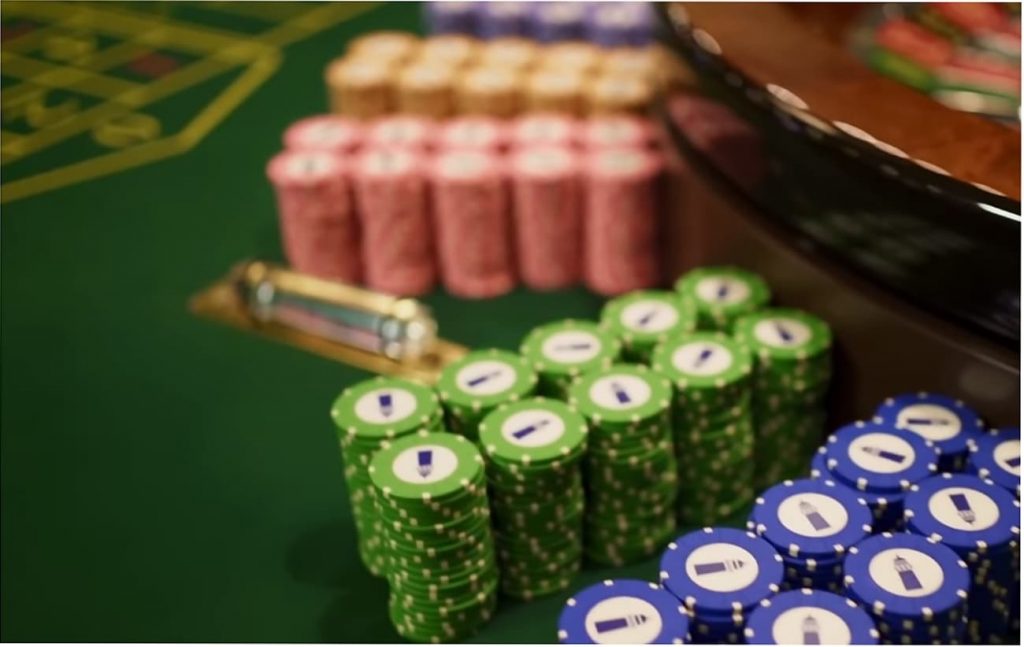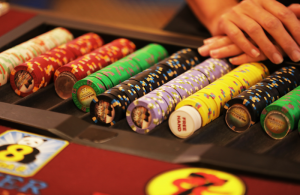In Brazil, as in many parts of the world, the prospect of legalizing casinos raises concerns about the potential for increased gambling addiction and its associated social and economic costs. While proponents tout the economic benefits of the gambling industry, including job creation and tax revenue generation, critics warn of the risks posed by problem gambling, such as financial ruin, family breakdown, and mental health issues. Addressing addiction and promoting responsible gambling practices is therefore paramount to ensure the well-being of individuals and communities. In this article, we will explore various strategies for responsible gambling in Brazil, ranging from public education campaigns to regulatory measures and support services.
Public Education and Awareness
One of the most effective ways to address addiction is through public education and awareness campaigns. These campaigns aim to educate individuals about the risks associated with gambling, raise awareness of problem gambling warning signs, and promote responsible gambling behaviors. In Brazil, public education initiatives could be implemented through various channels, including television, radio, social media, and community outreach programs. These campaigns can help individuals make informed decisions about their gambling habits and seek help if needed.
Responsible Gambling Programs

Responsible gambling programs are another essential component of addressing addiction in Brazil. These programs are designed to help individuals gamble responsibly by providing information, resources, and support services. They may include self-exclusion programs, where individuals can voluntarily ban themselves from gambling establishments, as well as counseling services and helplines for those struggling with addiction. By offering these services, Brazil can provide assistance to individuals in need and reduce the harm caused by problem gambling.
Regulatory Measures
Regulatory measures play a crucial role in promoting responsible gambling and protecting consumers from the harms associated with addiction. In Brazil(https://kingslotsbr.com/), regulatory bodies could implement various measures to ensure that gambling operators adhere to strict standards of conduct and comply with responsible gambling guidelines. These measures may include enforcing age restrictions to prevent underage gambling, implementing limits on betting amounts, and requiring operators to provide information about responsible gambling resources. Additionally, regulators could impose penalties on operators that fail to meet these requirements, further incentivizing compliance with responsible gambling practices.
Treatment and Support Services
For individuals struggling with gambling addiction, access to treatment and support services is essential. Brazil could establish specialized treatment centers and support groups for individuals affected by problem gambling, providing counseling, therapy, and other interventions to help them overcome their addiction. Additionally, helplines and online resources could be made available to individuals seeking support, offering confidential assistance and guidance in navigating their recovery journey.
Research and Evaluation

Finally, ongoing research and evaluation are critical for understanding the prevalence of gambling addiction in Brazil and assessing the effectiveness of intervention strategies. By conducting studies on gambling behavior, risk factors, and treatment outcomes, Brazil can gather valuable data to inform policymaking and resource allocation decisions. Additionally, evaluating the impact of responsible gambling initiatives can help identify areas for improvement and refine strategies to better address addiction in the future.
In conclusion, addressing addiction and promoting responsible gambling practices is a complex and multifaceted endeavor that requires collaboration between government agencies, gambling operators, healthcare providers, and community organizations. By implementing a comprehensive approach that includes public education campaigns, responsible gambling programs, regulatory measures, treatment and support services, and research and evaluation efforts, Brazil can mitigate the harms associated with gambling addiction and create a safer and more sustainable gambling environment for its citizens.




